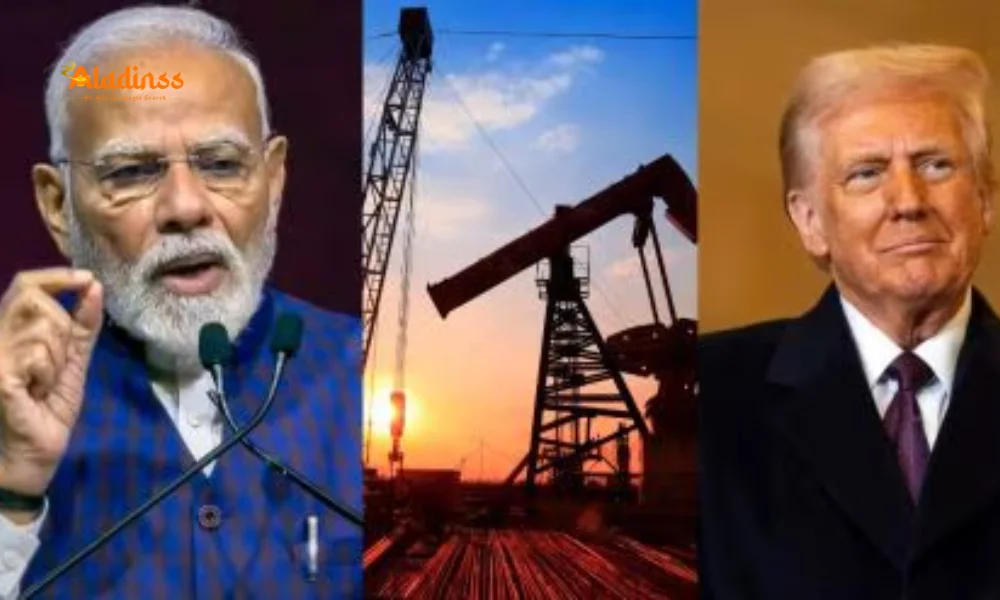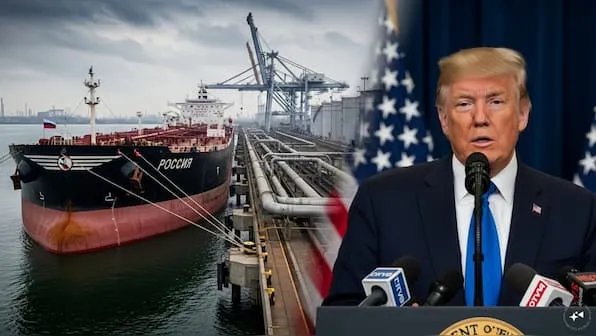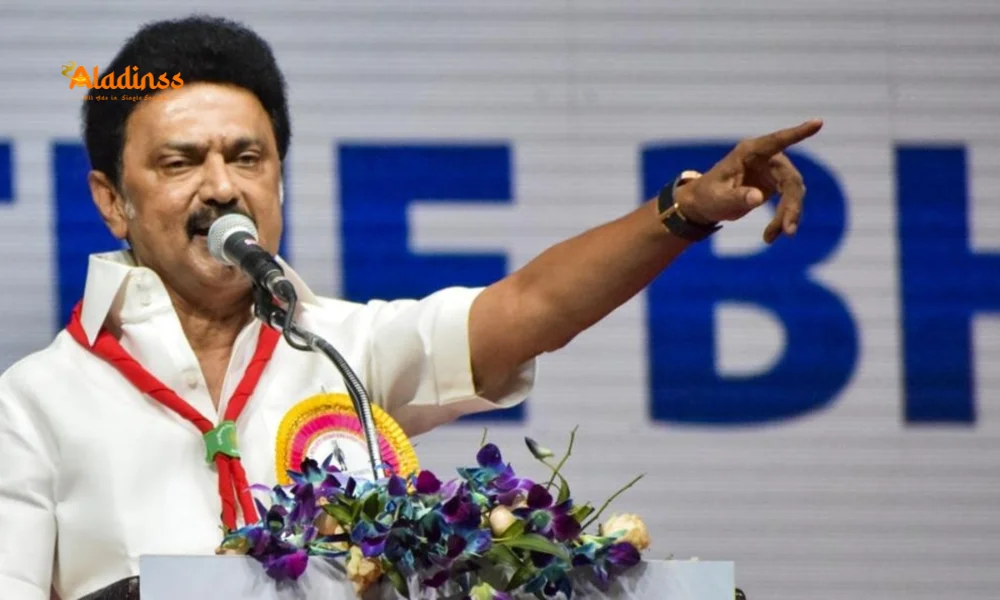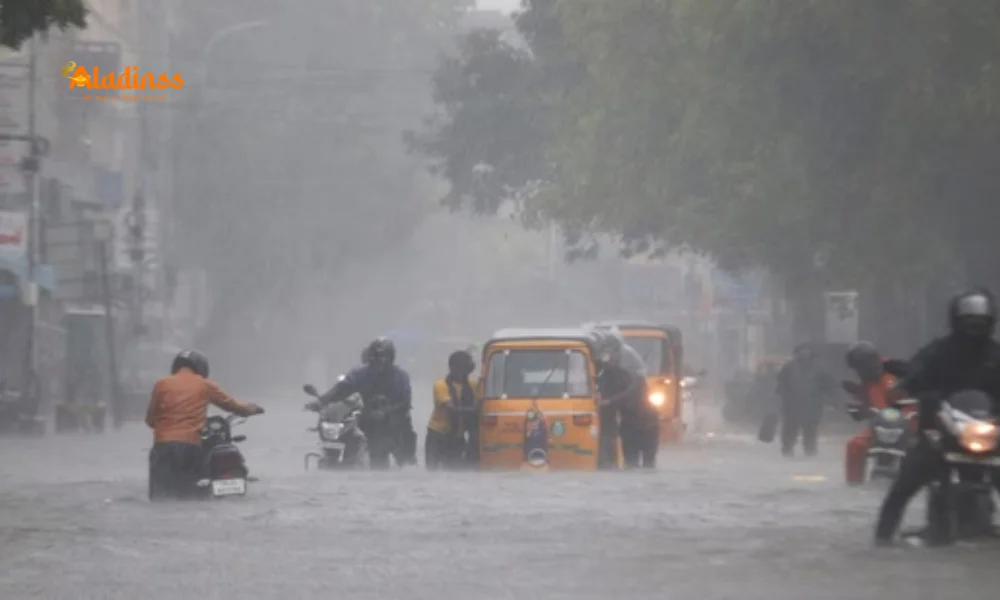Trump’s Big Statement on India & Russian Oil What It Means for Global Trade

Shock Claim: Trump Says India to Halt Russian Oil Imports
US President Donald Trump has reiterated a bold claim that India, under Prime Minister Narendra Modi’s leadership, will soon stop purchasing Russian oil, a statement made during a joint press briefing with Ukrainian President Volodymyr Zelenskyy. This assertion has sparked intense debate, given India’s reliance on discounted Russian crude, which constitutes roughly one-third of its total oil imports. The claim comes amid heightened geopolitical tensions and ongoing US-India trade negotiations, raising questions about the future of India’s energy strategy and its ties with Russia.
Trump’s remarks suggest a significant shift in India’s energy policy, though he acknowledged that the transition away from Russian oil “can’t be done immediately.” He emphasized that the process would conclude “soon,” contrasting India’s situation with that of landlocked Central European nations like Hungary, which face unique challenges due to their dependence on Soviet-era pipelines. The statement has drawn attention to India’s role as a major maritime oil importer and its strategic balancing act in a volatile global energy market.
India’s Response to Trump’s Claim
India’s Ministry of External Affairs (MEA) has previously refuted similar claims by Trump, with a spokesperson clarifying that no such conversation regarding halting Russian oil imports took place between Modi and the US President. The MEA emphasized that India’s energy policy prioritizes “stable energy prices and secured supplies” to safeguard Indian consumers in a fluctuating global market. This stance underscores India’s cautious approach to maintaining its energy security while navigating diplomatic pressures from the United States.

Russia remains India’s top crude oil supplier, with discounted prices making its oil an attractive option for Indian refiners. Despite recent fluctuations in import volumes due to price dynamics, Russian crude continues to dominate India’s energy mix. Trump’s latest comments appear to be part of a broader US strategy to pressure India into reducing its reliance on Russian oil, particularly in the context of ongoing trade talks where tariffs have been leveraged as a negotiating tool.
Geopolitical Context and Energy Challenges
The timing of Trump’s statement, made alongside Ukrainian President Zelenskyy, adds a geopolitical dimension to the energy debate. The US has been vocal about reducing global dependence on Russian energy, particularly since the onset of the Russia-Ukraine conflict. By singling out India, one of the world’s largest oil importers, Trump is signaling a push to align New Delhi’s energy policies with Western interests. However, India’s strategic partnership with Russia, built on decades of economic and defense cooperation, complicates any immediate shift away from Russian oil.
Unlike Central European nations like Hungary, which rely on the Druzhba pipeline for Russian oil, India benefits from its maritime access, allowing it to diversify its oil suppliers. Hungary’s landlocked status and dependence on Soviet-era infrastructure have been cited as barriers to cutting off Russian imports, a point Trump referenced to highlight India’s relative flexibility. Nonetheless, India’s energy decisions are driven by economic considerations, with Russian oil offering significant cost advantages over alternatives from the Middle East or other regions.
India’s Energy Strategy and Global Implications
India’s energy strategy is rooted in balancing affordability, availability, and geopolitical neutrality. As the world’s third-largest oil consumer, India relies heavily on imports to meet its energy demands, with Russian crude playing a pivotal role in maintaining stable fuel prices. The discounts offered by Russia have allowed India to mitigate the impact of global oil price volatility, benefiting consumers and industries alike. However, Trump’s repeated claims could signal increased US pressure on India to align with Western sanctions against Russia.
The US-India trade relationship adds another layer of complexity. Washington has used tariffs and trade negotiations to influence India’s energy policies, with Russian oil imports becoming a focal point. While India has diversified its oil sources in recent years, including increased purchases from Middle Eastern countries like Saudi Arabia and Iraq, Russia’s competitive pricing remains a key factor. Any move to phase out Russian oil would require India to secure alternative suppliers without disrupting its energy market or inflating costs for consumers.
Economic and Diplomatic Considerations
The economic implications of halting Russian oil imports would be significant for India. Russian crude, often priced at a discount of $10–$15 per barrel compared to other sources, has allowed Indian refiners to maintain profitability while keeping fuel prices manageable. A sudden shift to alternative suppliers could lead to higher costs, potentially impacting inflation and economic growth. Moreover, India’s long-standing relationship with Russia extends beyond energy to defense and technology, making any policy shift a delicate balancing act.
Diplomatically, India has maintained a neutral stance in the Russia-Ukraine conflict, advocating for dialogue while continuing trade with Moscow. This position has allowed India to secure energy supplies without alienating key partners like the US. However, Trump’s public statements could strain this delicate balance, forcing India to navigate competing pressures from Washington and Moscow. The MEA’s measured response suggests that India will prioritize its national interests, with energy security remaining a top concern.
Global Reactions and Future Outlook
Trump’s comments have sparked reactions on platforms like X, where users have debated the feasibility of India halting Russian oil imports. Some argue that India’s economic priorities make such a shift unlikely without significant incentives, while others see it as a potential opportunity for the US to strengthen its energy exports to India. The global energy market is closely watching India’s next steps, as its decisions could influence oil prices and trade dynamics in the region.
Looking ahead, India faces a complex decision. Phasing out Russian oil would require securing reliable and cost-effective alternatives, a process that could take months or even years. The US may offer incentives, such as favorable trade terms or increased energy cooperation, to encourage India’s compliance. However, India’s commitment to energy security and its strategic partnership with Russia suggest that any transition will be gradual and carefully managed to avoid economic disruptions.
A Test for India’s Energy Diplomacy
Trump’s claim places India at a crossroads, balancing its energy needs with diplomatic pressures. The country’s ability to maintain stable energy prices while navigating US-Russia tensions will be a test of its diplomatic agility. For now, India’s official stance remains focused on consumer interests, with no confirmation of a commitment to halt Russian oil imports. As global attention turns to India’s energy choices, the nation’s next moves will have far-reaching implications for its economy and international relations.
The controversy surrounding Trump’s statement highlights the intricate interplay of energy, geopolitics, and trade. As India continues to assert its strategic autonomy, the world watches to see how it will respond to this high-stakes challenge. For now, the focus remains on ensuring energy security for Indian consumers while maintaining strong ties with both the US and Russia in an increasingly polarized global landscape.
Comment / Reply From
No comments yet. Be the first to comment!











